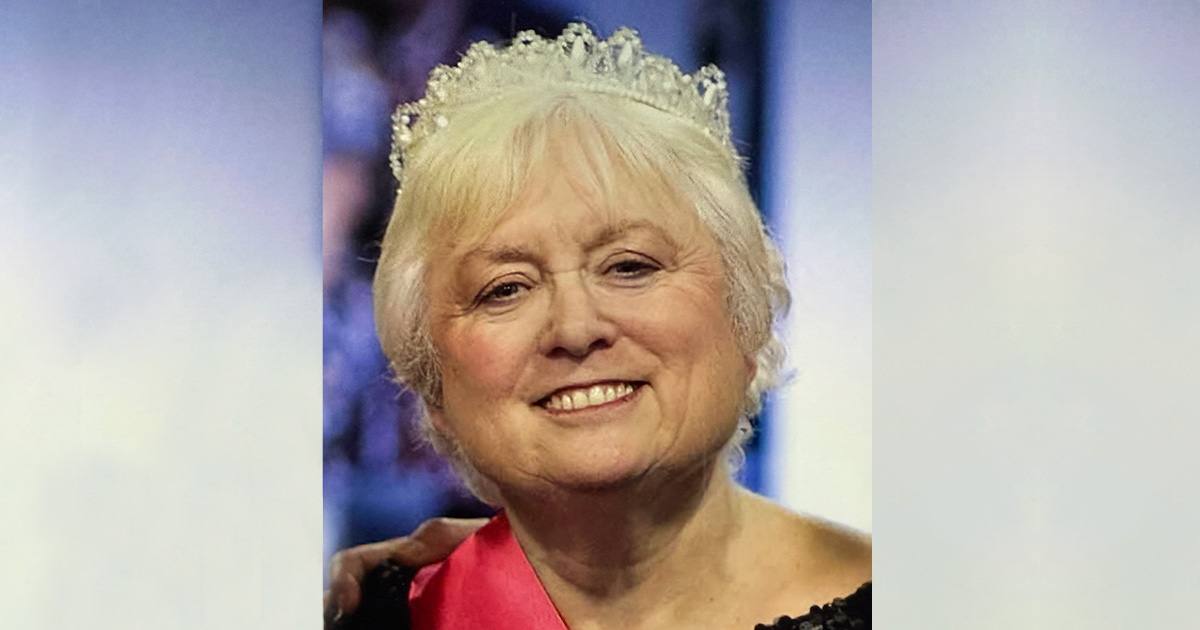Inhospital self-management
Q As a DSN looking at inpatient diabetes care, I am keen to find more information (for audit purposes) on how people with diabetes are able to self-manage their condition while in hospital, for example self-monitoring of blood glucose, and insulin dosing.
Does anyone know of any questionnaires that have been devised in order to gain information from people with diabetes and their views about self-management while in hospital?
Cheryl Griffiths, DSN, Wrexham
A In our locality we are keen to promote self-management of diabetes in inpatients. If the individual with diabetes wants to self-manage with respect to insulin therapy, it is clearly stated in the medical notes and on the drug chart that they are doing so. We do make it clear to the person with diabetes, however, that they must let the ward nurses know how much insulin they have administered.
We do have some concerns around inpatients using their own blood glucose meters on the ward, in terms of quality control. It may be argued that individuals taking responsibility for their own diabetes management are also responsible for ensuring their meters are reliable, but staff feel there may be a unacceptable element of risk in this.
This issue was debated at a diabetes inpatient specialist nurses meeting earlier this year, but no conclusions were made. I would be interested to know how other hospitals deal with this.
June James, DSN, Peterborough
Commissioning community services
Q I am a diabetes dietitian, and was wondering if there are any dietitians who have successfully raised awareness with healthcare professionals that nutritional management for people with diabetes may be affected by another underlying condition, and not their diabetes?
Name and address withheld
A It is our responsibility as dietitians working in a variety of environments to raise awareness of how other conditions may impact upon diabetes care. I believe that a structured approach is important for continuity and consistency of care, for example implementing protocols for treatment, developing care pathways with a multidisciplinary focus and using evidence-based guidelines. We can also raise awareness during group education with other health professionals, or by needs assessment, at ward level for example, and the subsequent organisation of training sessions to meet the identified needs. It is an ongoing process, in which we can all play a part.
Julie Ellis-Gowland, Advanced Diabetes Dietitian, Liverpool





NHS England to allow weight-loss injections for prioritised patient cohorts from late June.
5 Apr 2025